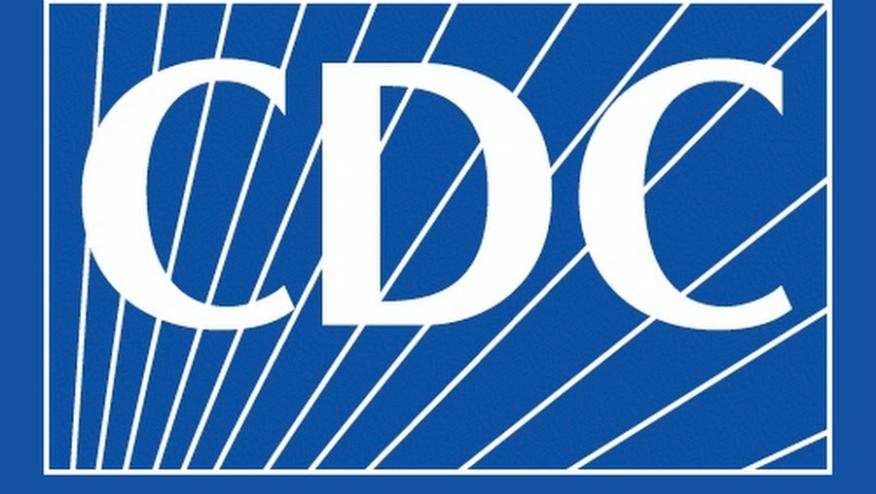CDC on Pediatric Multi-System Inflammatory Syndrome Save

The latest hazardous spinoff to the coronavirus infection is an inflammatory, Kawasaki-like syndrome unique to children or adolescents with COVID-19. Sporadic reports from around the globe of this severe pediatric COVID syndrome have littered the news with brief mentions and little detail.
The cumulative US experience is now over 100 cases, notably unified by COVID-19infected children manifesting severe and potentially fatal, organ damage.
Today the CDC issued a health advisory about Pediatric Multi-System Inflammatory Syndrome (previously labeled PMIS); that is potentially associated with COVID-19. The syndrome has been reported in at least 19 states and Washington, D.C. The syndrome occurs in children under age 21 years with symptoms akin to toxic shock or Kawasaki disease. Such patients manifest fever, rashes, lymphadenopathy and evidence of cardiac involvement. Many develop severe or progressive symptoms have required hospitalization.
Key features include abdominal pain, conjunctivitis, sustained fevers, rashes, lymphopenia, elevated acute phase reactants and cardiac involvement. Most are COVID test positive and the severity appears to ensue weeks after initial exposure. There is the potential for cardiac, renal, GI, skin, CNS and vascular involvement.
These children differ from adults infected with COVID0-19 by having less pulmonary and more GI and conjunctival presentations. This COVID syndrome differs from classic Kawasaki disease by affecting more males, with a higher risk of macrophage activation syndrome (MAS) and shock. Lastly, some develop this syndrome weeks after exposure to SARS-CoV-2.
A report in Lancet (5/13/2020) described 10 cases with Kawasaki-like disease (KD) presenting between February 18 and April 20, 2020. They compared these COVID era KD patients to KD previously presenting before Feb 17, 2020 (see table).
|
|
COVID – KD like |
Pre-COVID KD |
|
N |
10 |
19 |
|
M:F |
7M : 3F |
7M : 12 F |
|
Age |
7.5 yrs. |
3.0 yrs. |
|
COVID test |
8/10 COVID+ |
NA |
|
KD incidence/month |
10/ month |
0.3/month |
|
Cardiac |
60% |
10.5% |
|
KDSS |
50% |
0 |
|
MAS |
50% |
0 |
|
Need for steroid Rx |
80% |
16% |
Of these 10 COVID pediatric cases, half met criteria for classic KD and the rest were classified as incomplete KD. Six had diarrhea, 5 CNS/meningeal symptoms, 5 MAS and 4 had pneumonia on CXR. Cardiac ECHO was abnormal in 6/10. In 7/8, the ESR was 51 to 108 mm/hr. All were treated with IVIG +/- aspirin or methylprednisolone. Half met criteria for Kawasaki disease with Septic Shock (KDSS) with hypotension. Other lab abnormalities included hypertriglyceridemia (87%), elevated D-dimers (80%) and troponin-1 (55%).
Tjos syndrome was recently reported in a NYC health department advisory describing 64 presumed cases. Fifteen children were hospitalized, age rate was 2 to 15 years old, all with fever, and more than half having rash, abdominal pain, vomiting or diarrhea. Only 10/15 tested positive for COVID-19.
Kawasaki’s disease is an acute febrile illness of young children, characterized by fever, erythema of the palms or soles with edema or desquamation , truncal rash, bilateral conjunctival injection; erythema of the lips, strawberry tongue, or oral mucosa injection; and cervical lymphadenopathy. Labs show leukocytosis, thrombocytosis, elevated transaminases, CRP, and ESR. Electrocardiogram and ECHO cardiac abnormalities
CDC Criteria for PMIS
- An individual under 21 years presenting with fever, laboratory evidence of inflammation and evidence of clinically severe illness requiring hospitalization with multisystem (>2) organ involvement (cardiac, renal, respiratory, hematologic, gastrointestinal, dermatologic or neurological); and
- No alternative plausible diagnoses; and
- Positive for current or recent SARS-CoV-2 infection by reverse-transcriptase polymerase chain reaction, serology or antigen test; or COVID-19 exposure within the four weeks prior to the onset of symptoms.
The CDC noted the fever should be at least 38C and that abnormal labs may include elevated C-reactive protein, erythrocyte sedimentation rate, fibrinogen, procalcitonin, d-dimer, ferritin, lactic acid dehydrogenase, or interleukin 6, elevated neutrophils, reduced lymphocytes and low albumin.
The Centers for Disease Control and Prevention (CDC) is calling the condition multisystem inflammatory syndrome in children (MIS-C) and is urging clinicians to report suspected cases so officials can learn more.










If you are a health practitioner, you may Login/Register to comment.
Due to the nature of these comment forums, only health practitioners are allowed to comment at this time.